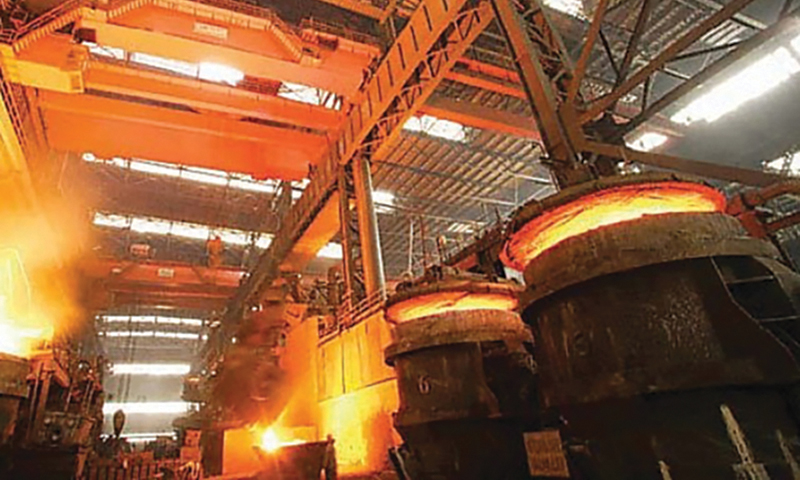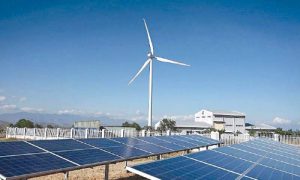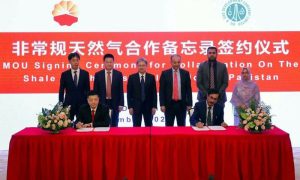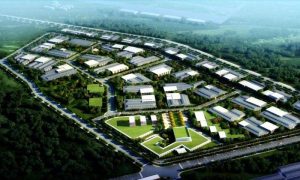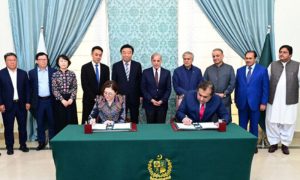Report by Engineering Post
Fate of Pakistan Steel Mills (PSM) continues to be in balance for years together whether it should be revived, made functional and financially viable again to reduce ever-increasing burden on the national exchequer or just be privatized.
Cutting a long bitter and unfortunate story short, it is stated that the Pakistan Steel Mills is one of the largest industrial corporations in Pakistan which can produce 1.1 to 5.0 million tonnes of steel and iron foundries. The mill was a mammoth undertaking from the stage of a seed to a full-grown tree. How long this take? In order to get the context of how this plan went from an idea to execution, it took more than half the country’s history or roughly about 38 years to come to life.
Initially, according to information gathered from different sources, the PSM was the vision of new-born country Pakistan’s first Prime Minister Liaqat Ali Khan who wanted to make the country self-dependent for its production. The vision became a reality after Soviet Union cooperation came through and the stone-setting ceremony was carried out by Prime Minister Zulfikar Ali Bhutto in 1973. The plant started production in 1985 after it was inaugurated by President/Chief Martial Law Administrator General Muhammad Ziaul Haq.
Somehow, it seems the history of PSM was intertwined with the unbalanced political history of the country. In short, the PSM saw as many as ten prime ministers from the idea till it’s becoming operational.
In the 2000s, there was a robust effort to give the company to the private owners. Around 2008, there was a push to sell the major State Owned Enterprise (SOE). This was based on the fact that since early 2000, the company had become profitable and much of its accumulated losses had been wiped out. It was felt prudent to hand over the reins of the company to the private sector. This was done during the tenure of Prime Minister shaukat Aziz who very keenly wanted the federal government to offload the PSM.
Then the company was still performing well as it was earning profits through 2007 and 2008 but most unfortunately the fortunes then changed from 2008 onwards.
From that period till now, it was noted that the company had become bloated and operationally cumbersome. Hit by the country’s persistent energy crisis and constantly mounting legacy costs, the company was being used for little except the bitter political purposes, unfortunately, Overemployment was also reportedly carried out with political interference to serve the vested interests as a result of all these steps, the company has run into severe cash flow shortages and has accumulated huge financial losses on its books thus giving an edge to the government quarters who are in favour of privatization of PSM instead of its continuously to be a big burden on the national exchequer.


